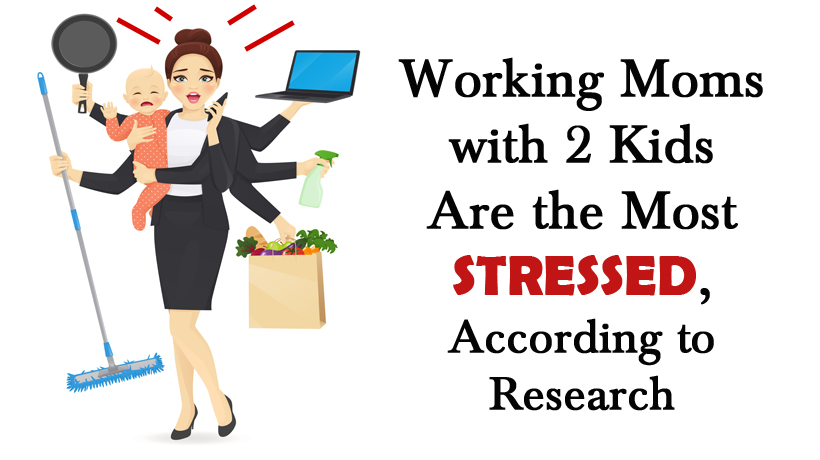The researchers at the University of Essex developed a study on chronic stress in full time working women who have children. This was developed to see if there is a difference in chronic stress in women who have two children in comparison to those with none and those with one. This study was published in the journal from the British Sociological Association called Sociology.
How the study was conducted
Researchers from the universities of Manchester and Essex in England examined data on 6,025 participants. This study was a longitudinal study, where the researcher collected data on work life, readings of stress responses and more. The researchers wanted to measure stress, so they used 11 markers and measured the stress on the neuroendocrine system (meaning the way the brain maintains bodily functions) , the metabolic system, the immune and inflammatory systems, the cardiovascular system, and the anthropometric system (which measures BMI, weight, and height).
What they found
According to the Institute for Social and Economic Research at the University of Essex, researchers found that the biomarkers were correlated to chronic stress and blood pressure. Chronic stress is 40% higher for full-time working women who raise two children than it was compared to full time working women with no kids. And women who raise one child had 18% higher level in comparison to women with two kids.
What does this mean for working mothers?
Professor Tarani Chandola, one of the researchers on the study, states that flexible hours at work did help reduce some stressors when it came to family and work. However, flexible work hours weren’t associated with lowering chronic stress, meaning stress that lasts long-term.
There are other stressors such as family, friends, work or social life stress that may lead to chronic stress. There isn’t only one way, but multiple factors that may lead to chronic stress. There are many ways on how to manage chronic stress, such as seeing a therapist to help reevaluate what you need. There are different ways to help seek aid in dealing with chronic stress.
Sources:
https://www.iser.essex.ac.uk/2019/01/26/chronic-stress-levels-40-higher-in-full-time-working-women-with-children-but-flexible-work-reduces-stress
https://www.manchester.ac.uk/discover/news/working-mothers-up-to-40-more-stressed/



